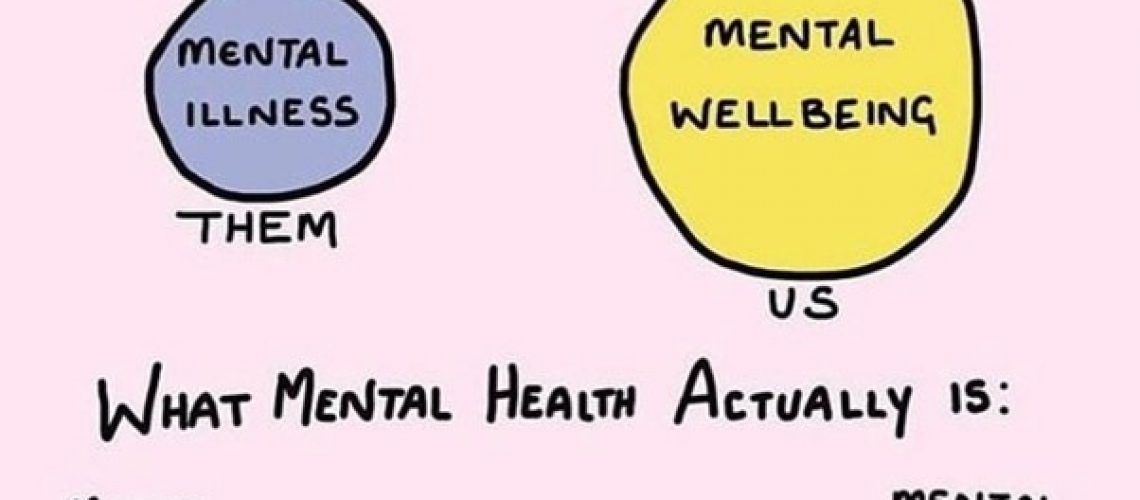This year has seen our sector challenged in many very different ways – the incessant floods in many regions or the never-ending COVID-19 pandemic. Either way, ourselves and communities have been stretched out of our comfort zones on many occasions.
However the term crisis can be and will mean something different to all of us, it doesn’t just occur when these major events occur. Whilst the major event might exacerbate the mental health of our teams as individuals, there may be a crisis they are dealing with that we have not yet become aware of.
Be aware of your team
In recent survey, prior to the pandemic, found 20% of workers were experiencing a mental health challenge. However when their leaders were surveyed their leaders were unaware of this.
Therefore, as community leaders and as team leaders in our villages it is vital for us to understand how we can identify and support our teams and community through periods where they may experiencing a mental health challenge.
Mental health is a continuum with mental illness at one end and mental well-being at the other.
With individuals going back and forth on this continuum depending on the many influences in our life and not only the perceived crisis that we experience as a community.
Leadership and burnout
Leadership, can be a lonely, isolating and stressful place, particularly for village professionals who are constantly people facing, on call (some 24/7), sometimes caught in the middle, the responder to emergency, the problem solver and often dealing with a large workload for long periods. So there is no surprise that BURNOUT is common amongst village professionals.
Good foundations – Diet, Exercise and Sleep
- Reframing our thinking patterns to focus on the FACT & not the STORY we might be telling ourselves
- Scheduling of regular downtime – leave, breaks, think time and social time
- Reduce habits that may inhibit progress – excessive email and phone checking
- Identify what indicators present themselves when beginning to feel yourself spiralling
- Building a tool kit of responses in the event you feel a change in your mental health – ask for help, tactical breathing, identify priority, etc…

